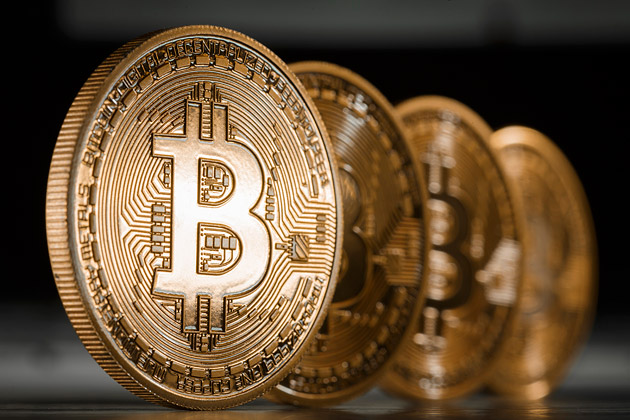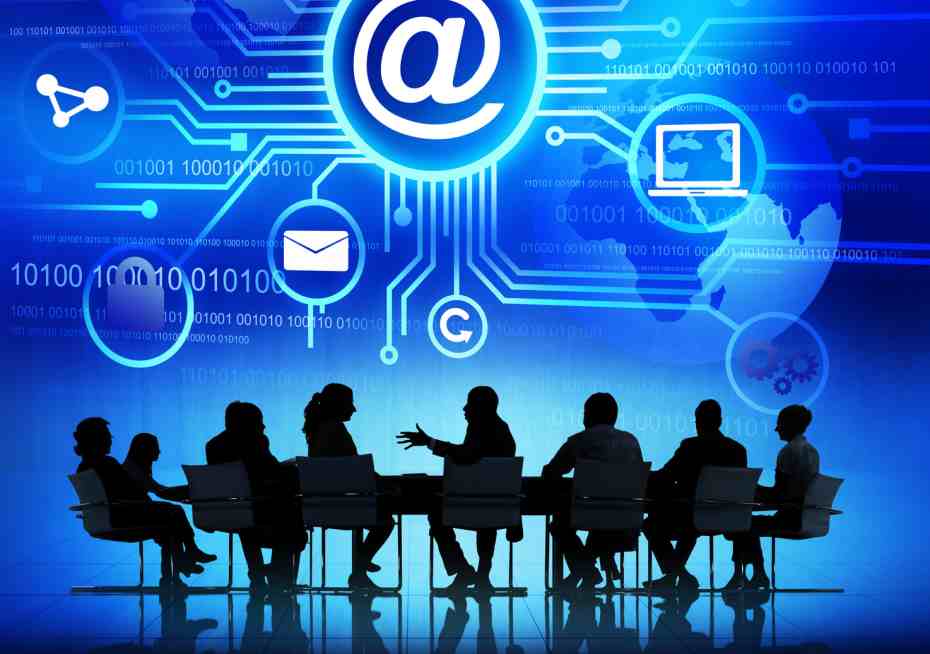Tag: encryption
-
Apple vs. FBI

The FBI ordered Apple to create a “backdoor” so it can break into the San Bernardino shooter’s iPhone 5c. Apple basically said no, challenging the FBI on encryption. https://twitter.com/brialys_/status/699915889127325696 Surely Apple saw this coming which is why CEO Tim Cooke started his appeal months ago. I’m 100% convinced that if we were not living in a post-Snowden world, Apple would have never had…
-
Ransomware & Bitcoins

Ok ladies, it’s time for some heavy lifting! So let’s get right to it: Question: What is Ransomware? Answer: Ransomware is a type of malware that prevents or limits users from accessing their system. It forces its victims to pay the ransom through certain online payment methods in order to grant access to their systems, or to…
-
Encryption

Today I watched Eric Snowden’s address at SXSW, transcript. It was a very interesting discussion. One of the more interesting and recurring themes mentioned as a way to protect personal data is called Encryption. It dawned on me that some people may not know what this is, so I’m here to explain! There’s a whole lot…
